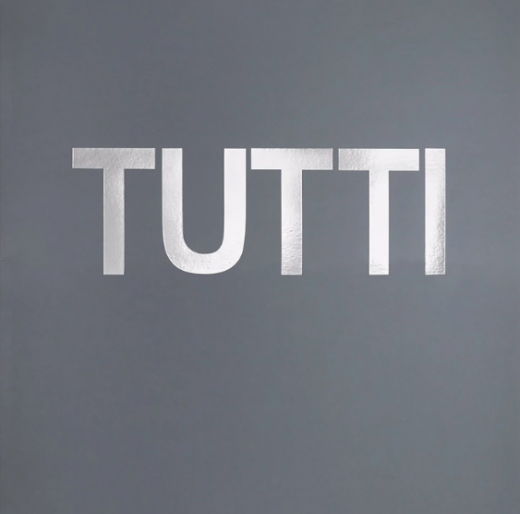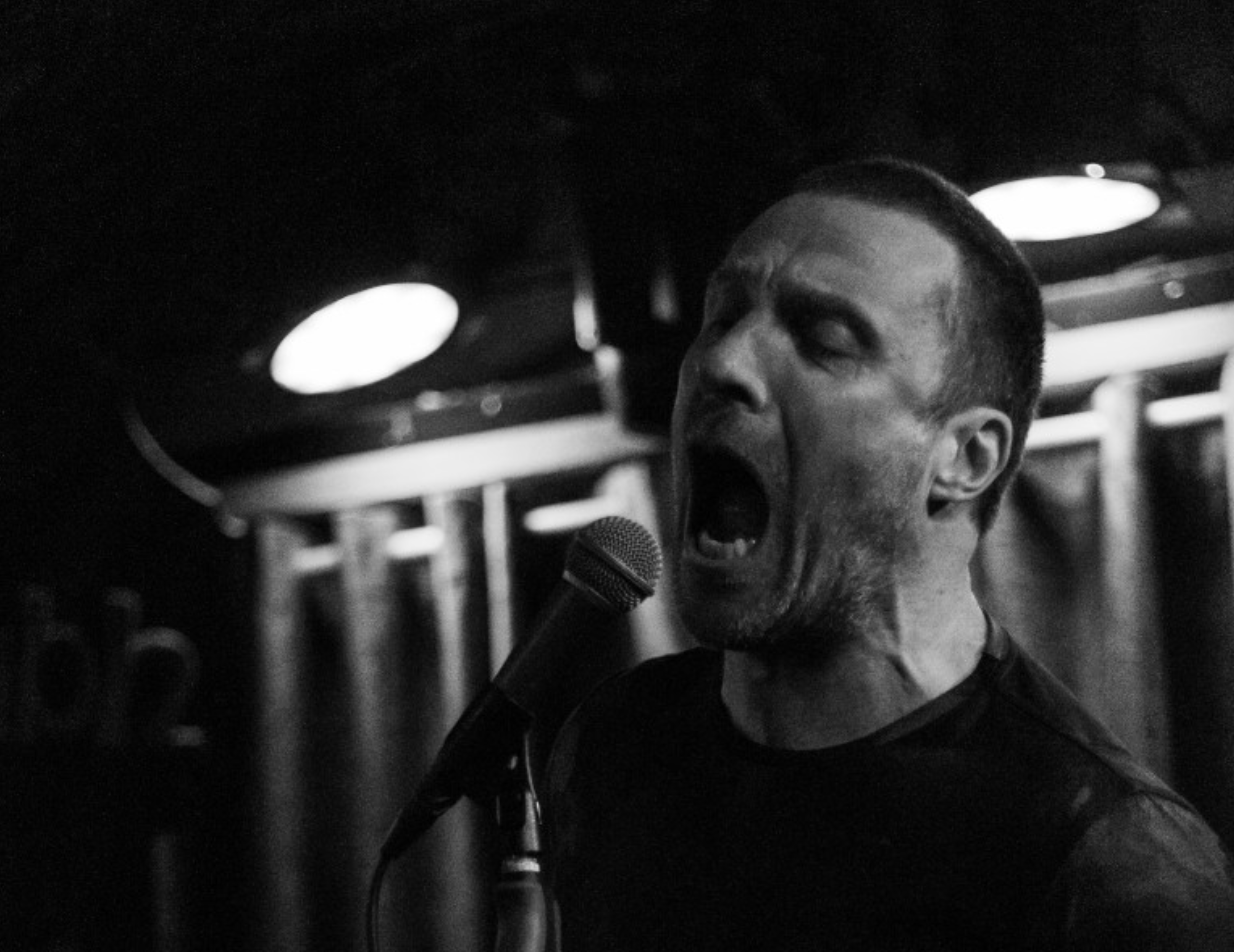Cosey Fanni Tutti’s latest LP, her first solo work since 1982’s Time to Tell, has been described by the artist as an attempt to express “the totality of [her] being”; the music here, Tutti explains, interprets “shifting perceptions of how [past and present] inform one another” – an extension of other recent projects concerned with documenting her history as an artist and provocateur. The record follows an acclaimed memoir (2017’s ART SEX MUSIC), a gallery retrospective focused on the work of her 1970s performance art ensemble COUM Transmissions, and an autobiographical audio-visual installation entitled Harmonic Coumaction scored by an embryonic version of the album.
Tutti’s desire to articulate a sense of “totality” initially appears incongruous with the music itself, considering its foregrounding of sonic fragmentation. The majority of her musical work – either solo, with Throbbing Gristle, or in collaboration with husband Chris Carter – has been defined by fracture, its abstraction inspired by the dissociative effects of modern consumerism and popular culture, and its abrasion a visceral, cathartic response to those effects. These sounds are all over TUTTI; among the opening track’s first noises is a brass whine not unlike that which appears at the beginning of 20 Jazz Funk Greats – and just as on that record, its atonal curves pull us towards the impressionistic and the damaged.
How does the record differ from her past work, then, in its effort to convey biographical coherency? There is a vague sense of narrative, for one thing. A taut, propulsive beat on early tracks ‘Tutti’ and ‘Drone’ gradually gives way, opening up space and drawing out expansive, often eliding notes in place of their hurried stabs and bursts of noise. Her voice, unheard for much of the album, eventually appears on sixth track ‘Heliy’; its spectral effect is soothing, ushering us towards the ambience of final tracks ‘En’ and ‘Orenda’.
The progression could be read as a comment on her artistic evolution, from early shocks and thrills to the relative quiet of middle-aged reflection, and on personal changes, from the absurdity and cruelty of her long-term relationship with an allegedly abusive Genesis P-Orridge to later domesticity with Carter. It might be a weakness that the record takes all of the complication and instability of its author’s life and reduces it to something approaching a linear narrative. Then again, the imposition of a sense of order on these experiences is undercut somewhat by the record’s early discordance – even as it finishes in an ambient wash, some unease lingers with the listener.
The strongest tracks are those that contain elements from both ends of this narrative, working to represent the discomposure and fitfulness of an artist’s maturation. ‘Sophic Ripple’ and ‘Split’ are most convincing in this regard; both delicately balance beauty and dissonance, substituting the early tracks’ exacting percussive repetition for open-endedness, while losing little of their kinetic energy and developing their exploratory impulses.
Tutti emphasised the importance of a primal physicality to her work while speaking to Pitchfork in 2017: “…when you take away all the superficiality of the internet, consumerism, and everything else we’re given, we are just beings who need to interact with one another, to physically feel one another. That’s what I always tap into”. The desire to feel – or to be felt – is evident throughout her oeuvre. Here, this sense of intrinsic, bodily yearning is as present as ever – mellowed, perhaps, but no less vital. Seán Kennedy






